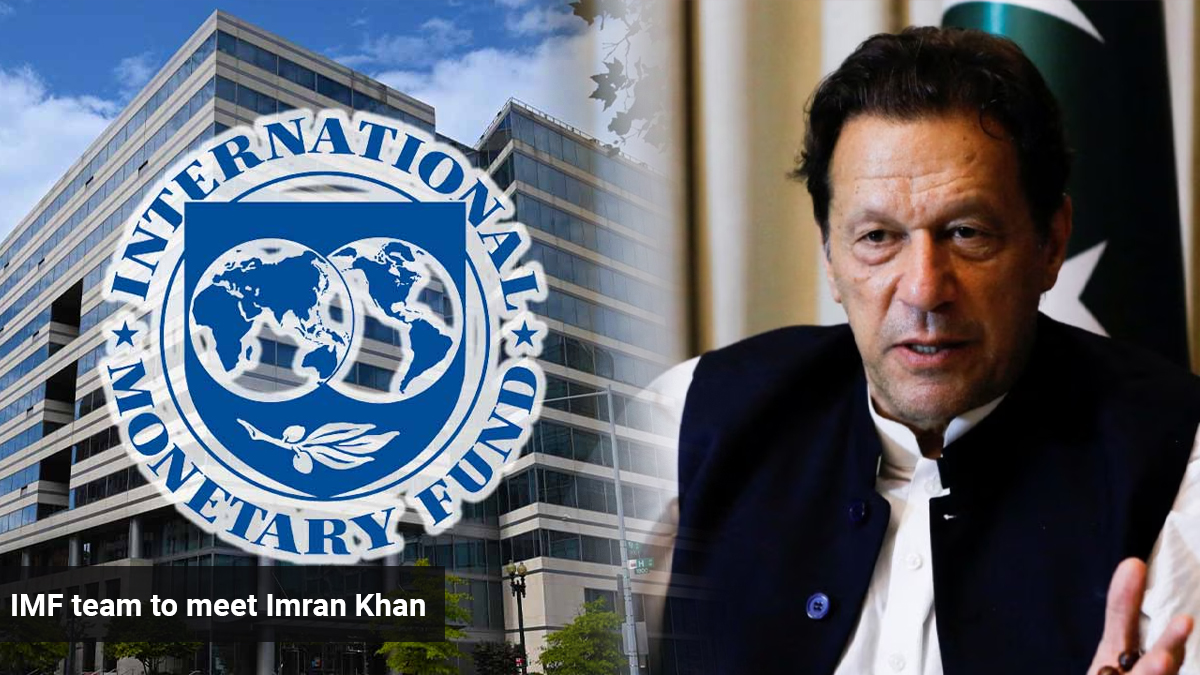Decades ago, during the peak of the Cold War, the US and the USSR engaged in a fierce space race. Each superpower aimed to surpass the other in a race to demonstrate technological superiority. This competition spurred some of the fastest advancements in space exploration technology and infrastructure in modern history. The Cold War space race was primarily driven by ideological motivations, national pride, and concerns over internal security.
Today, a new space race is emerging, one propelled not by ideology, but by profits and ambition. The commodification of space exploration was an inevitable development, but what’s interesting is how this race has evolved. A prime example is the rise of satellite internet service providers. Though the technology has existed for years, it wasn’t until the early 1990s that Hughesnet became the first company to secure permission for file transfers via satellites. In 1996, they demonstrated that downloading files through satellite technology could significantly reduce download times.
READ MORE: PECA Bill: Spreading Fake News Punishable by Up to 3 Years in Prison and a Rs 2 Million Fine
As the internet spread globally in the late 20th century, most service providers focused on using ground cables. Today, cables serve as the backbone of internet infrastructure, carrying about 95% of the world’s communication, with satellites handling the remaining 5%. However, there is a growing consensus that satellites will likely dominate future communication networks, leading to intense competition in the satellite internet sector.
Several satellite internet companies are now competing globally. Some, like OneWeb and Shanghai Spacecom, have shown interest in expanding into Pakistan. However, none are as well-known or as high-profile as Starlink, a satellite internet company founded and operated by Elon Musk. Musk, the billionaire entrepreneur behind Tesla, X, and SpaceX, has become one of the most influential figures in the United States today.
Starlink is currently the frontrunner among satellite internet companies seeking to enter Pakistan’s market. While none of the companies have yet received regulatory approvals, Starlink is actively negotiating with the Government of Pakistan and has made significant progress in securing the necessary permits.
Why is Starlink so interested in Pakistan? The answer lies in the country’s growing demand for reliable, high-speed internet. Emerging markets, particularly those in the developing world, are a key focus for satellite internet providers. By providing access to fast, reliable internet, these companies aim to transform economies and societies. This has already been observed in Pakistan, where the introduction of high-speed mobile broadband in 2010 revolutionized sectors like banking, business, and the economy. Moreover, it became a major catalyst for Pakistan’s startup industry, underscoring the transformative potential of widespread internet access.




